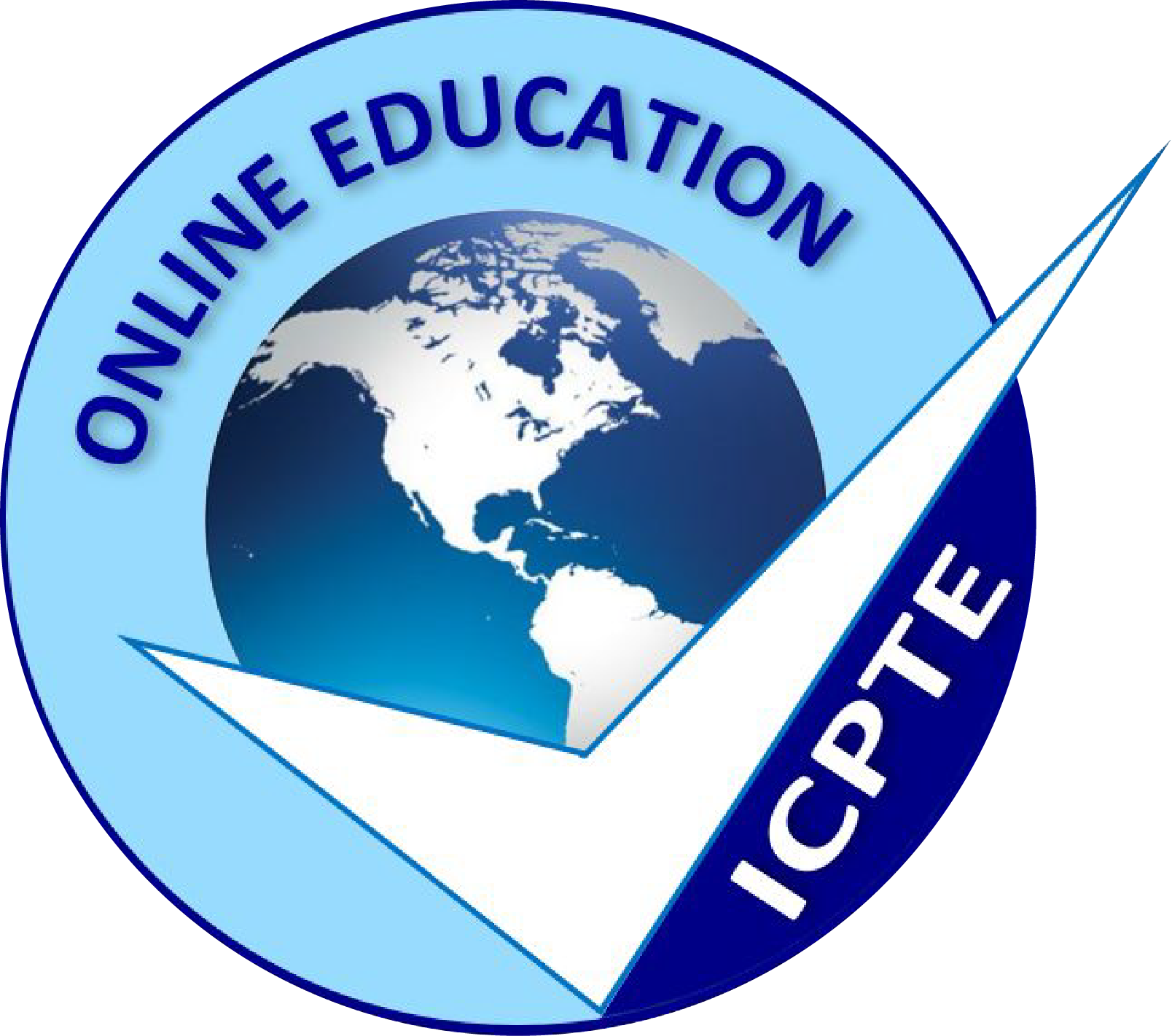5 Hours
Course Description
In the rapidly evolving world of technology, the demand for software maintenance and enhancement has never been more critical. The software industry is in a relentless race not just to innovate but also to maintain and refine the vast ecosystems of existing codebases. Within this context, the role of Artificial Intelligence (AI) in transforming software maintenance workflows from a reactive to a proactive paradigm is not just intriguing; it’s revolutionary. Are you poised to be part of this transformation?
Why is this course relevant today? In an era where digital transformation is at the forefront of organizational strategies, keeping software systems robust, efficient, and adaptable is not optional; it’s imperative. The complexity and volume of code, coupled with the fast pace of technological change, have outstripped the abilities of traditional maintenance approaches. AI offers not just solutions but also a paradigm shift in how we approach, analyze, and improve software. Our course equips you with the knowledge and tools to be at the forefront of this shift, transforming challenges into opportunities for innovation and career advancement.
Embark on a journey where you’ll start by understanding the role of AI in identifying code smells and automating refactoring, move through the intricacies of integrating AI into software maintenance workflows, and delve deep into leveraging AI for predicting and managing technical debt.
Whether you are a beginner keen to make your mark in the software industry or an experienced professional aiming to augment your skillset with the latest AI tools, this course guides you through step-by-step.
From automating quality assurance in CI/CD pipelines with AI to leveraging advanced AI algorithms for predictive maintenance, the course offers a deep dive into the most contemporary topics in AI and software maintenance. Along the way, you’ll encounter security and ethical considerations of AI in software development, ensuring that your AI implementation is not just effective but also responsible and aligned with best practices for data privacy and security.
What sets this course apart is the blend of theoretical foundation, industry insights, and practical application. You will not only learn about the latest AI tools and techniques but also how to integrate these into existing systems, tailor AI solutions to specific maintenance needs, and scale AI solutions for large codebases. The focus on workflow integration, tool adoption, performance monitoring, and feedback loops ensures that you gain the competencies to not just apply AI in software maintenance but also to drive continuous improvement and innovation within your teams and organizations.
In a domain where change is the only constant, continuous learning is key. As such, this course doesn’t just end with a capstone project but prepares you for an ongoing journey in AI-enhanced software maintenance. You’ll gain insights into emerging AI technologies, future trends in technical debt management, and research directions that hint at the next generation of challenges and opportunities in software maintenance.
In summary, this course offers a unique blend of theoretical depth, practical insights, and forward-looking exploration into the role of AI in software maintenance. Whether your goal is to streamline maintenance workflows, enhance software quality, or lead innovation in software projects, this comprehensive course provides the knowledge, skills, and tools to achieve these objectives and more. Join us on this transformative journey to redefine software maintenance and leap into the future with AI.
Learning objectives
- Explain the role of AI in software maintenance.
- Describe technical debt and its impact.
- Identify code smells using AI detection tools.
- Apply AI for effective software refactoring.
- Integrate AI tools into maintenance workflows.
- Understand machine learning models for code analysis.
- Apply data mining to identify code patterns.
- Analyze code documentation with natural language processing.
- Interpret codebase metrics using AI.
- Evaluate AI’s success in code analysis through case studies.
- Use AI techniques for technical debt identification.
- Prioritize technical debt items with AI help.
- Automate technical debt documentation via AI tools.
- Make refactoring decisions based on AI insights.
- Utilize AI tools for code refactoring.
- Detect code smells automatically with AI.
- Optimize code structure using AI solutions.
- Integrate AI refactoring tools into development environments.
- Implement AI in CI/CD pipelines for efficiency.
- Design custom AI tools for code smell detection.
Topics covered
Click “AI in Software maintenance and technical debt management-Download” to read the topics covered.
Course Duration:
This course may take up to 5 hours to be completed. However, actual study time differs as each learner uses their own training pace.
Course pre-requisites
There are no requirements or pre-requisites for this course, but the items listed below are a guide to useful background knowledge which will increase the value and benefits of this course:
- Basic understanding of programming concepts and languages such as Python or Java.
- Familiarity with software development processes and lifecycle.
- An introductory knowledge of machine learning and artificial intelligence concepts.
The course is addressed to:
- Software developers who seek to improve their code quality and efficiency through AI tools.
- Project managers looking to better manage technical debt and streamline software maintenance processes with AI.
- Machine learning engineers interested in applying AI for code analysis, refactoring, and optimization tasks.
- Quality assurance professionals aiming to automate and enhance testing practices using AI technologies.
- Software architects exploring AI-driven strategies for long-term software maintenance and technical debt management.
- DevOps engineers focusing on integrating AI into CI/CD pipelines for more efficient and error-free deployments.
Training Method
The course is offered fully online using a self-paced approach. The learning units consist of videos. Learners may start, stop and resume their training at any time.
At the end of the course, participants take a Quiz to complete the course and earn a Certificate of Completion once the Quiz has been passed successfully.
Registration and Access
To register to this course, click on the Take this course button to pay online and receive your access instantly. If you are purchasing this course on behalf of others, please be advised that you will need to create or use their personal profile before finalizing your payment.
Access to the course is valid for 90 days.
If you wish to receive an invoice instead of paying online, please Contact us by email. Talk to us for our special Corporate Group rates.
Instructor
Peter Alkema is a highly accomplished Business and IT leader specialising in large scale technology delivery and digital transformation strategy implementation for leading financial services business. A proven record in driving the full development lifecycle at all levels across large and complex banking enterprises ensures a deep understanding of the challenges, opportunities and pathways to success for digital transformation in banking. By utilising innovation, awareness, and knowledge, able to drive high-level business strategy formulation, product and platform development, and change management.
Teaching 500k online students about Data Science, Machine Learning, Digital Transformation, Business, Academic, Self Development and Technology skills.
Business & IT leader specialising in large scale technology delivery, digital transformation and Agile software engineering (PhD). 24 years in the banking industry; 10 years consulting (Accenture) and 14 years working in banking (Absa & FNB).
Won the ITWeb Gartner Visionary CIO Of The Year in 2016 & featured on CNBC Africa. Founded and led the largest banking hackathon in South Africa which was featured on Harvard Business Review.
Professional skills: Digital Transformation, Technology, Agile, ERP, Programme Management, Innovation, Thought Leadership, Communication, Process Engineering, Online Training.
See more Courses from Peter Alkema


